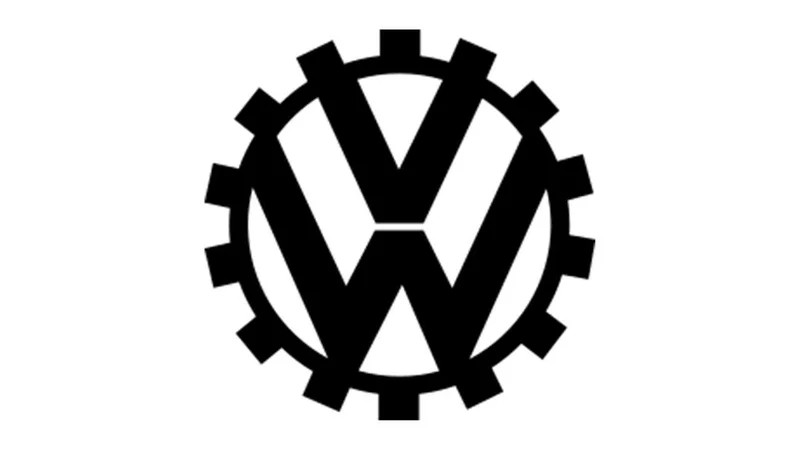Volkswagen: The Unvarnished Truth About Their Models
Title: Volkswagen's China Bet: Real Innovation or Just Catching Up?
Volkswagen's latest move to consolidate its R&D in China raises a critical question: Is this a genuine leap towards innovation, or simply an overdue adjustment to a rapidly evolving market? The company is touting end-to-end development capabilities in Hefei, integrating software, hardware, and vehicle validation. But let's dissect what this really means.
The "China Speed" Factor
The official narrative emphasizes "faster decision-making" and "accelerated rollout of next-generation technologies." Okay, but faster than what? Than their previous, presumably slower, development cycles? I've seen this movie before. Every automaker claims to be accelerating innovation. The real test is whether this translates to tangible improvements in product development timelines and, more importantly, market share.
Volkswagen is facing intense competition from domestic Chinese brands, particularly in the electric vehicle (EV) segment. These companies aren't burdened by legacy systems or bureaucratic inertia. They can iterate and launch new models at a pace that traditional automakers like Volkswagen can only dream of. So, setting up shop in Hefei looks less like a visionary move and more like a necessary adaptation to survive.
The Software Question Mark
The announcement highlights the integration of "software" development under one roof. This is crucial, as software is increasingly the battleground for automotive differentiation. But what kind of software are we talking about? Autonomous driving? Infotainment systems? Battery management? The press release is suspiciously vague.

And this is the part that I find genuinely puzzling. If Volkswagen is serious about competing in the Chinese EV market, they need to demonstrate a clear advantage in software. Simply co-locating software engineers with hardware developers doesn't guarantee innovation. It requires a fundamental shift in organizational culture and a willingness to embrace open-source technologies and agile development methodologies. I'm not seeing enough concrete evidence of that shift. The Volkswagen Golf is a great car, but can they make it a smart car?
Validation: A Double-Edged Sword
The new facilities include whole-vehicle validation capabilities. This is undoubtedly a positive step, allowing Volkswagen to test and refine its products specifically for the Chinese market. However, validation can also be a double-edged sword. It can lead to incremental improvements and localized features, but it can also stifle radical innovation. Test Center Complete: Volkswagen Group Now Able to Fully Develop and Validate Products in China for China
The key is to strike a balance between meeting the specific needs of Chinese consumers and pushing the boundaries of automotive technology. Will Volkswagen use its validation capabilities to create truly groundbreaking vehicles, or will it simply churn out slightly modified versions of its existing models? (Think of the Volkswagen Jetta, Passat, Tiguan, or Atlas – all solid cars, but hardly revolutionary.) The answer to that question will determine the long-term success of its China strategy.
Is This More Than Just Smoke and Mirrors?
Volkswagen's move to expand its R&D capabilities in China is a logical response to market pressures. But it's not a guaranteed recipe for success. The company needs to demonstrate a clear commitment to software innovation, a willingness to embrace radical ideas, and a relentless focus on delivering tangible value to Chinese consumers. Otherwise, this investment will be little more than a costly exercise in playing catch-up.
